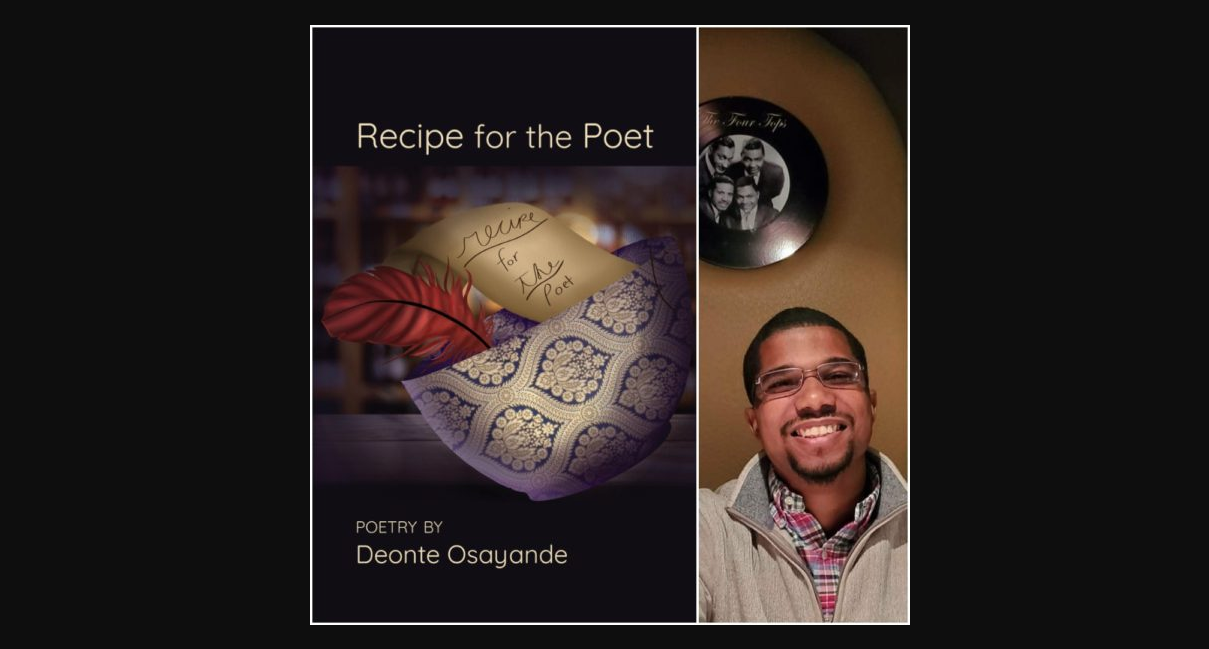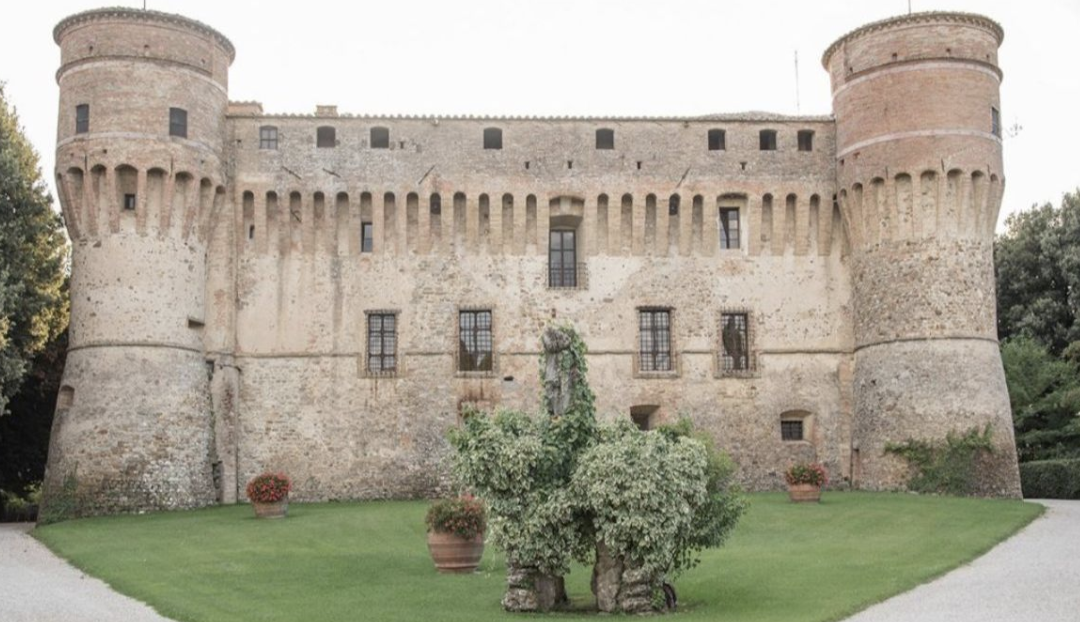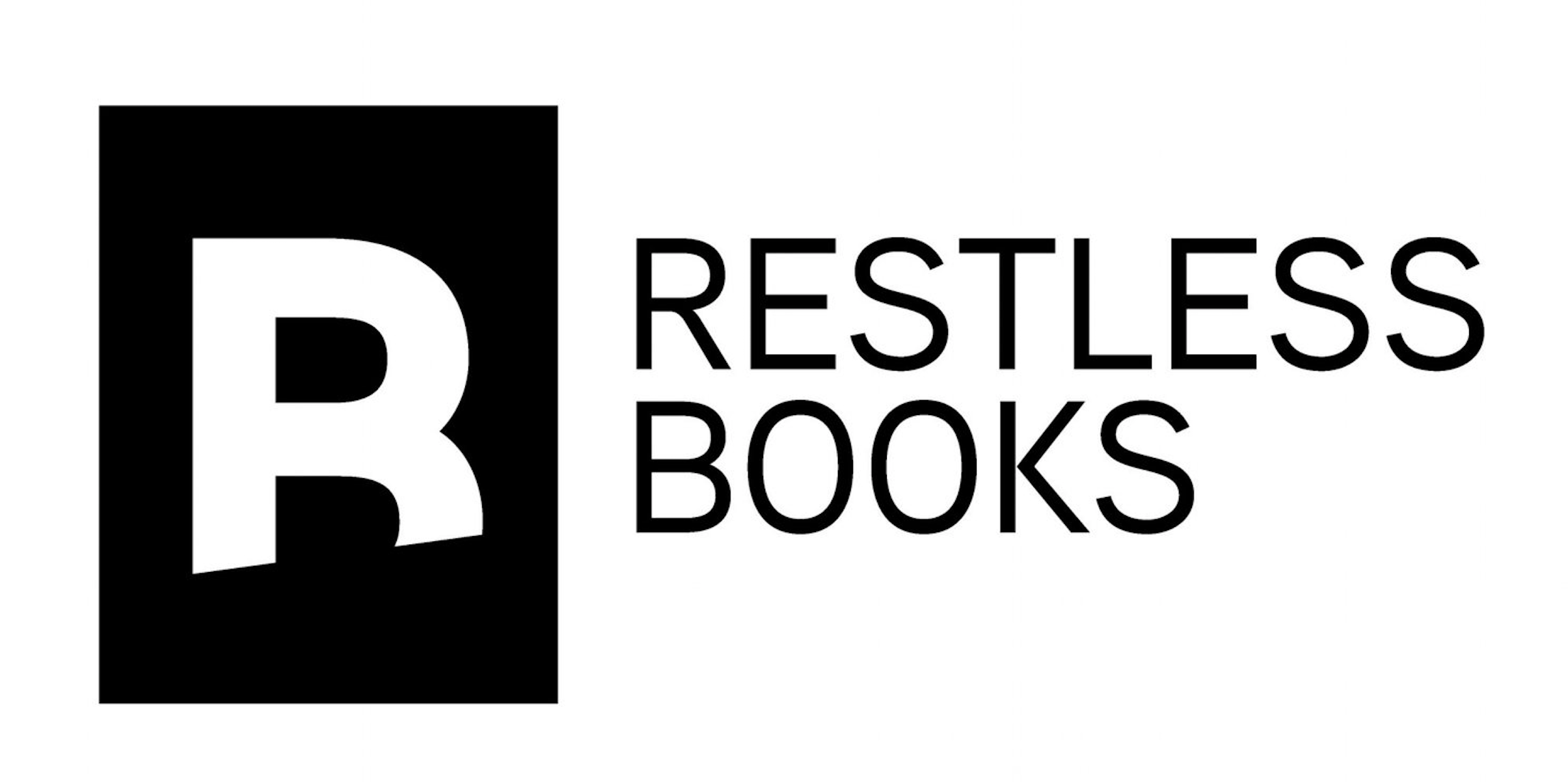Recipe for the Poet
Recently I reconnected with Detroit’s Deonte Osayande, whose new collection, Recipe for the Poet, is available now from Finishing Line Press. Osayande describes this collection as a mix of both form and free verse pieces acting as a sampler ahead of his anticipated full-length collection. “It blends the lessons I’ve learned about form poetry with the relevant topics of today,” says Osayande. I also believe that this is an important approach for both readers and writers of poetry; to allow poetic forms that are often thought of as “old” to reflect on the current world.
Serving the Detroit literary community as a poet, host, and slam master for over a decade, Osayande is a well-known artist in the city and is the author of three other collections, Class (Urban Farmhouse Press, 2017), Circus (Brick Mantle Books, 2018), and Civilian (Urban Farmhouse Press, 2019).
Given Osayande’s experience publishing in literary journals and working on manuscripts, I asked what advice he would give to those who want to submit work. “Never give up and write what you know. Rejection is part of the game and happens to everyone,” says Osayande. “You just need to have the drive and passion to persevere through it. If you write about what is close to your heart, those will be the most meaningful poems.”
Photo: Book cover of Recipe for the Poet (Finishing Line Press, 2021) by Deonte Osayande. Justin Rogers is the literary outreach coordinator for Poets & Writers in Detroit. Contact him at Detroit@pw.org or on Twitter, @Detroitpworg.






